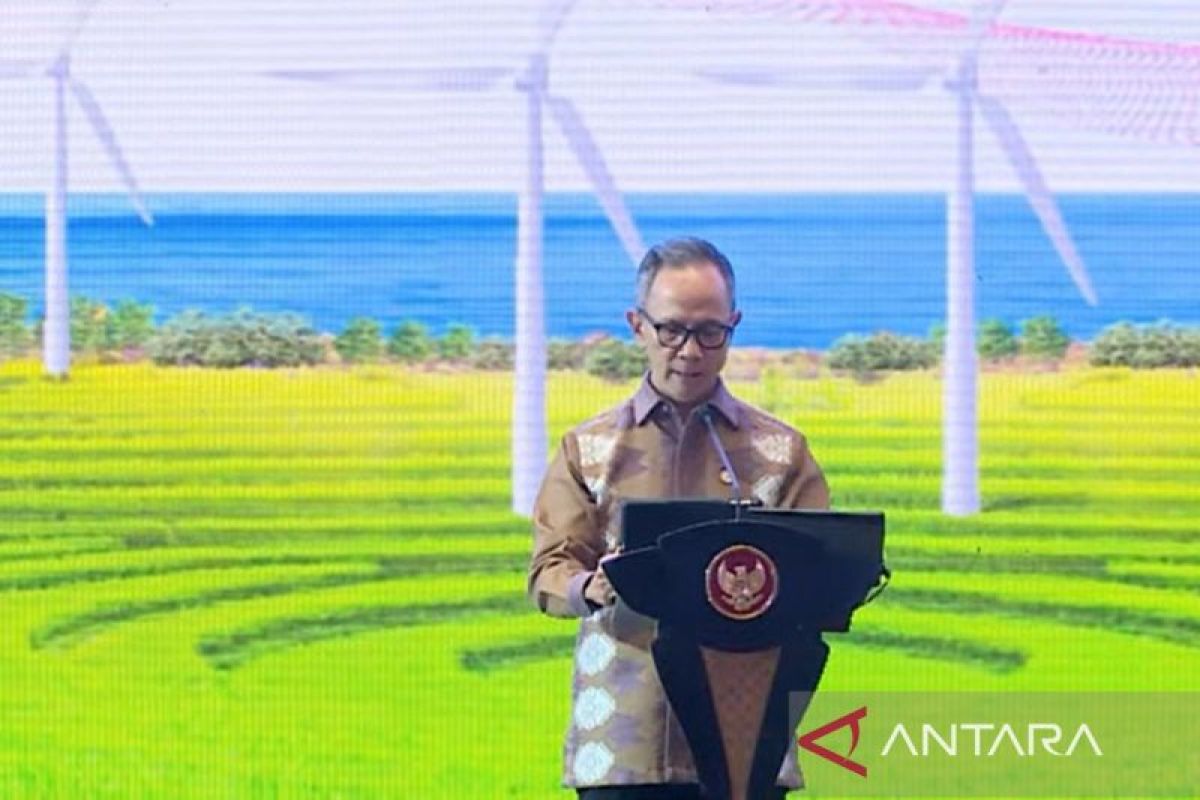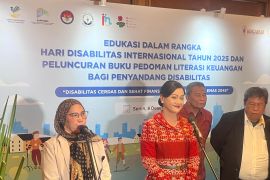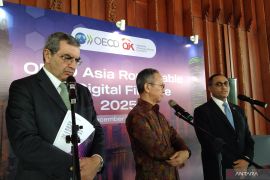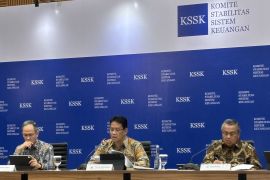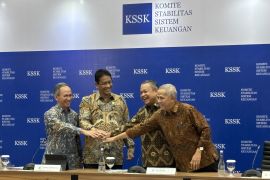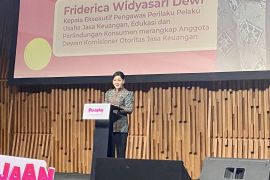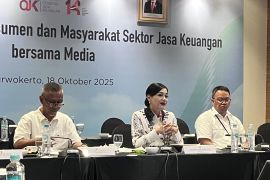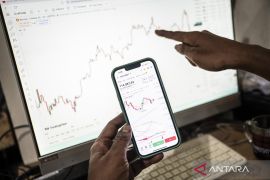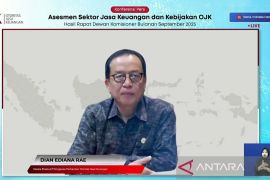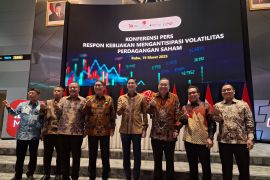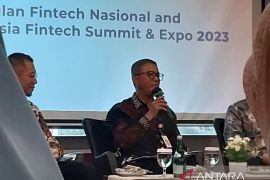According to Chairperson of the OJK's Board of Commissioners Mahendra Siregar, the taxonomy has been published in response to the dynamics and development of national and international sustainable finance.
It also answers several challenges related to handling and financing climate change efforts, implementing the transition to net zero emissions (NZE), and efforts to achieve the Sustainable Development Goals (SDGs).
"This taxonomy was designed by taking into account the principles of interoperability and credibility, balancing environmental and social economic aspects, and is inclusive by covering large-scale use and MSMEs (micro, small, and medium enterprises)," Siregar said on Tuesday.
Speaking at the 2024 Financial Services Industry Annual Meeting in Jakarta, he said
TKBI is a classification of economic activities that support sustainable development efforts and goals, which cover economic, environmental, and social aspects.
It can also be used as a guide to increase capital allocation and sustainable financing to support the achievement of Indonesia's NZE target by 2060 or earlier.
Siregar said that from a sustainable finance perspective, OJK provides incentives for debt securities based on their sustainability and supports increasing the role of the financial sector in the energy transition and encouraging a sustainable financial ecosystem through the implementation of the TKBI.The current taxonomy focuses on the development of the energy sector, particularly the energy transition toward net zero emissions, with the support of critical resources or critical minerals.
To support banking toward NZE, in the near future, the OJK will issue a Climate Risk Management and Scenario Analysis (CRMS) Guide for banks to increase awareness, capability, and resilience of business models and bank strategies in facing climate change risks.
However, to optimize the use of sustainable financial ecosystems that have been built, support in the form of policies that are in line with ministries and other institutions will need to be realized this year.
This would also require overcoming demand, supply, and liquidity constraints on the carbon exchange, which was inaugurated by President Joko Widodo in September 2023.
To ensure it is in line with national and regional policy developments, the TKBI will be published in stages starting from 2024, focusing first on the energy sector and then continuing with other NDC-related sectors in the following years.
In the future, in line with the nature of living documents, the TKBI will be reviewed periodically to ensure it is up to date with the developments in science, technology, and sustainable financial policies at the national and global levels.
Related news: FAB to Provide Over AED500 Billion (USD135 Billion) in Green Finance by 2030, Increasing Sustainable Commitment by 80%
Related news: Indonesia needs US$200 bln for sustainable development: Minister
Translator: Martha Herlinawati Simanjuntak, Cindy Frishanti Oc
Editor: Rahmad Nasution
Copyright © ANTARA 2024
